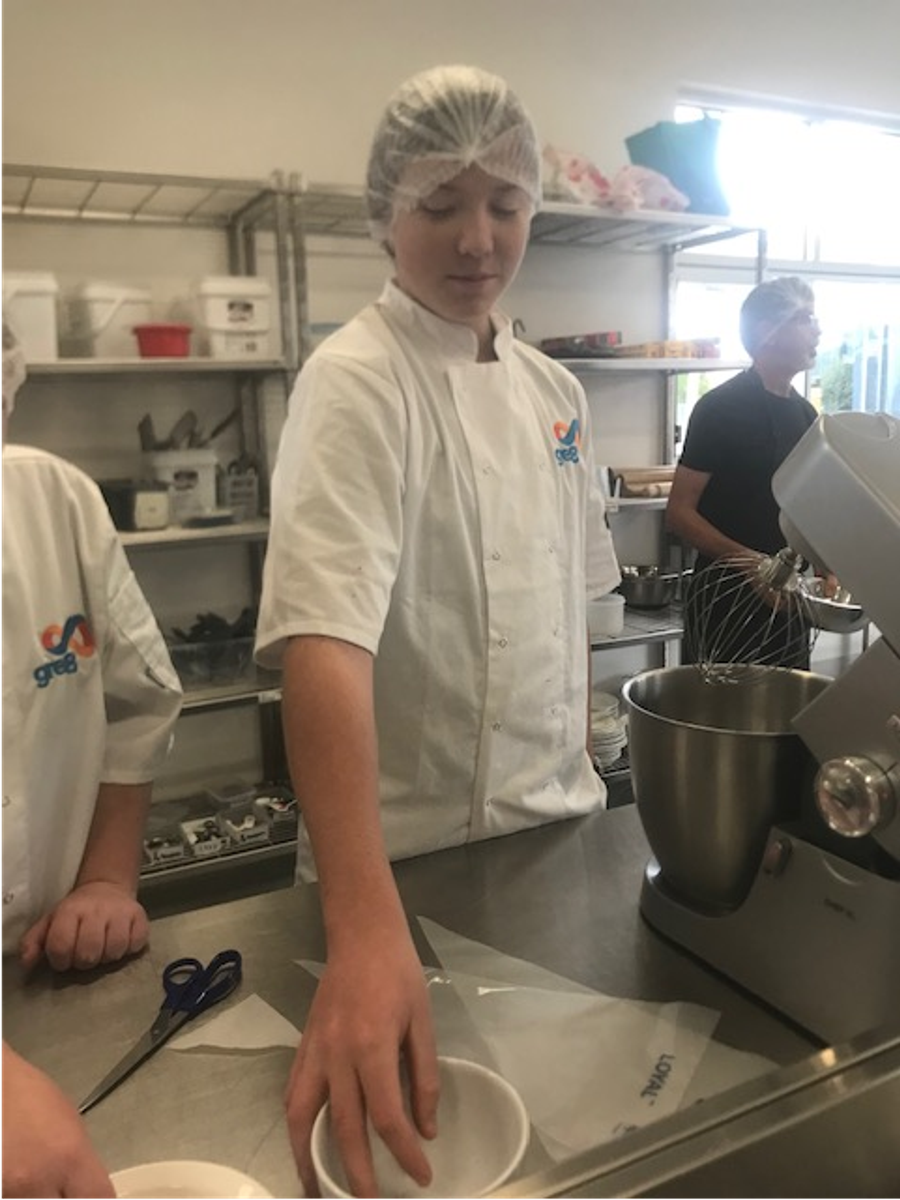VCE Vocational
Major
Formerly VCAL Year 11
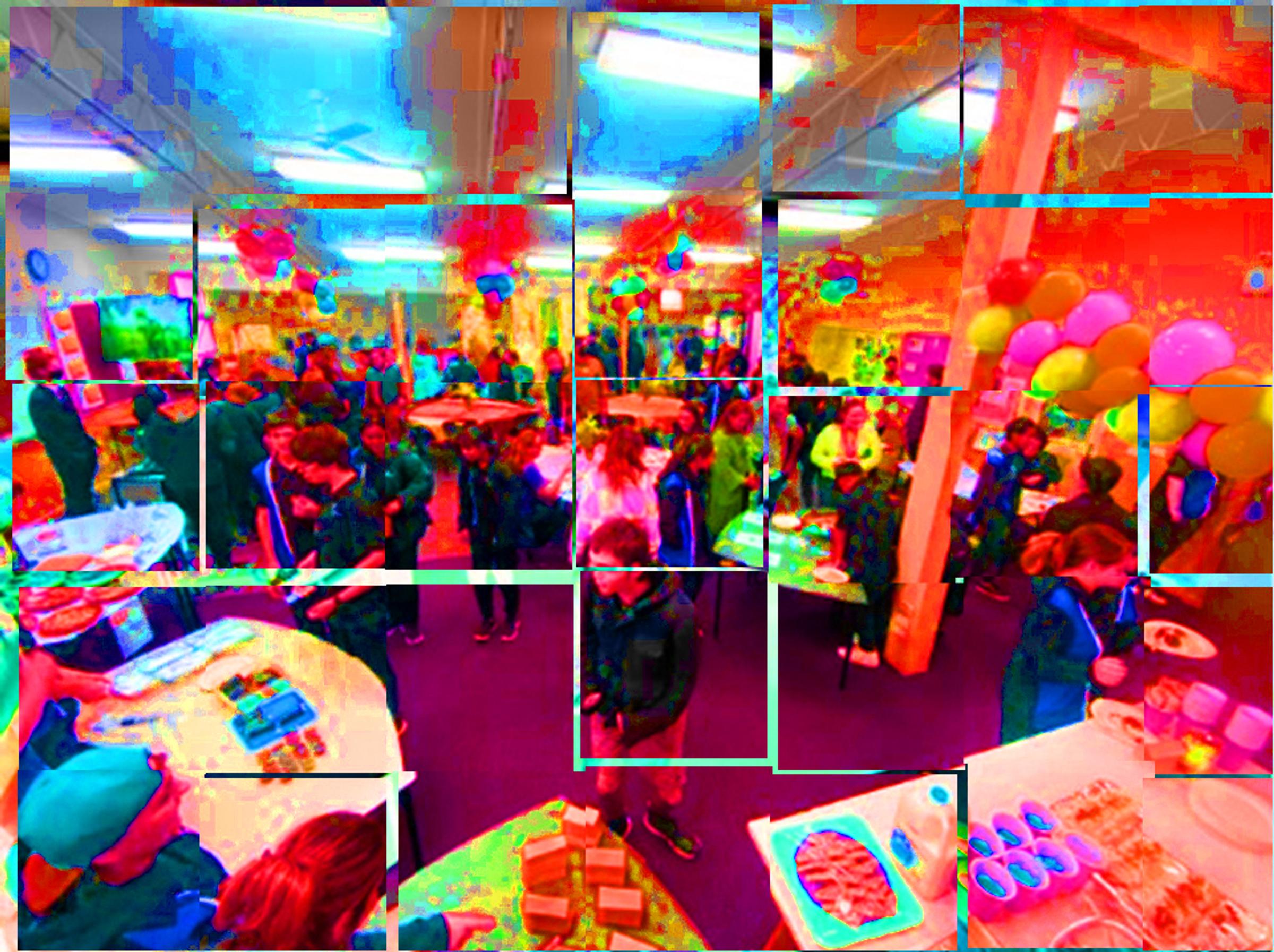
VCE Vocational
Major
Formerly VCAL Year 11
The Victorian Certificate of Education (VCE) Vocational Major (VM) is a vocational and applied learning program within the Victorian Certificate of Education (VCE). The VCE VM will give students greater choice and flexibility to pursue their strengths and interests and develop the skills and capabilities needed to succeed in further education, work and life. It prepares students to move into apprenticeships, traineeships, further education and training, university (via non-ATAR pathways) or directly into the workforce.
The purpose of the VCE VM is to provide students with the best opportunity to achieve their personal goals and aspirations in a rapidly changing world by:
Subject requirements - (See below for Subject overview)
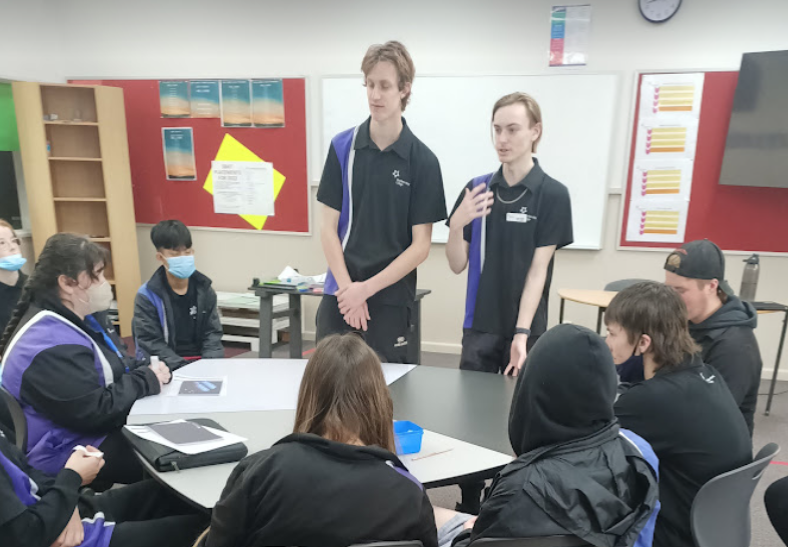

Studying Vocational Major can lead to:
“I chose the applied learning pathway as I wanted to complete a trade rather than go to university. In this pathway I have learnt all sorts of employability skills that will help me reach my career goals. The thing I love most about this pathway is engaging with the community.”
Zac Knott
1 Literacy Inquiry
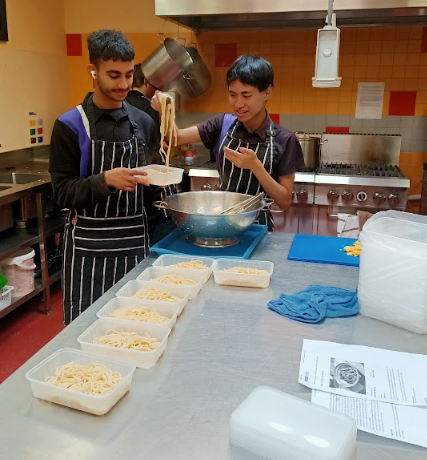

Literacy Inquiry is an integrated subject where students will develop key skills and knowledge from the VM Literacy and VM Personal Development Skills studies. In this subject students will explore social and environmental issues through project based learning.
Students will learn how to apply literacy skills to understand and create texts in real life scenarios; and develop skills such as team work, leadership and communication to plan, implement and evaluate projects within the community.
Skills you will develop
Assessment
2 Numeracy
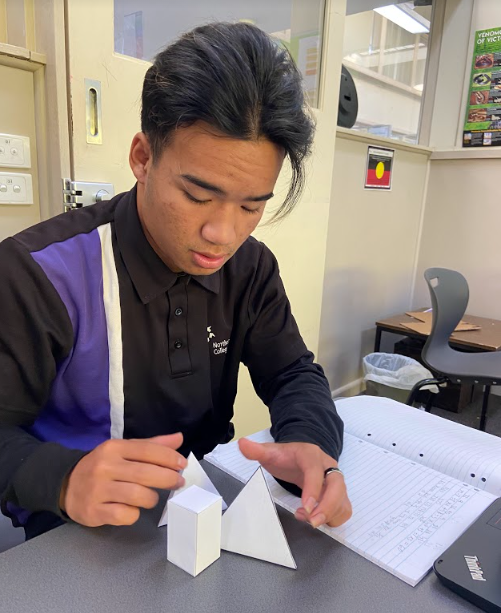

VCE Vocational Major Numeracy focuses on enabling students to develop and enhance their numeracy skills to make sense of their personal, public and vocational lives. Students develop mathematical skills with consideration of their local, national and global environments and contexts, and an awareness and use of appropriate technologies.
Skills you will develop
Assessment
3 Work Related Skills
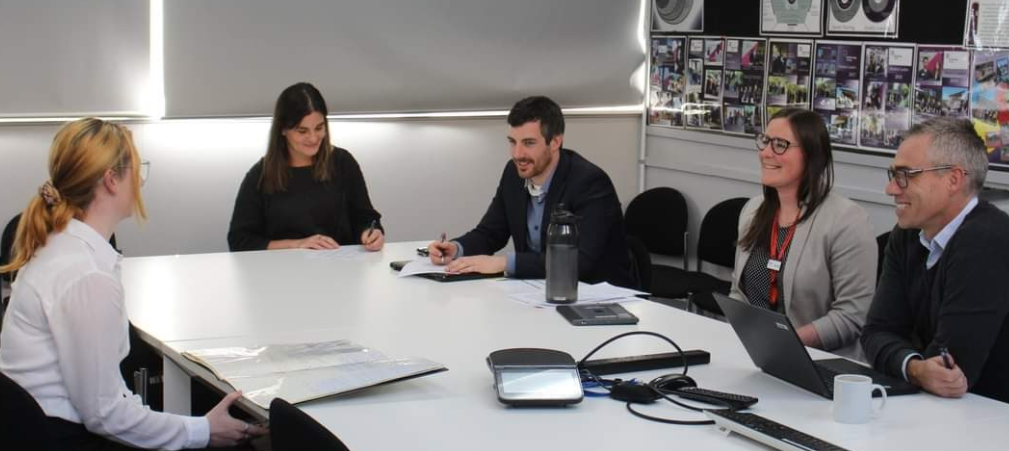

In this subject, students will learn how to maintain positive working relationships with colleagues and employers, understanding the characteristics of a positive workplace culture and its relationship to business success. They will investigate key areas relating to workplace relations including methods for determining pay and conditions, workplace bullying, workplace discrimination, workplace harassment and dispute resolution. Students will discover how teamwork and communication skills contribute to healthy, collegiate and productive workplaces. Students will also develop and apply their knowledge and skills relating to portfolios, including the features and characteristics of a high-quality physical and/or digital portfolio.
Skills you will develop
Assessment
4 Certificate II in Public Safety


This subject is a Nationally Accredited Course that provides students with essential skills and knowledge to respond to safety incidents in the workplace and community. Students will complete practical and theory based classes where they will learn to use equipment correctly and work collaboratively to restore order in emergency situations.
Skills you will develop
Assessment
5 Structured Workplace Learning (SWL)
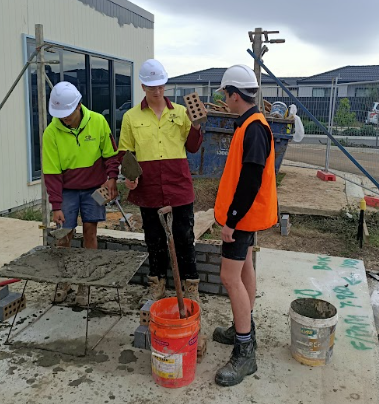

SWL involves on the job experience that enables students to relate theory to a real world work environment while developing their skills. Students will keep a work place learning record and reflect on the skills developed through out their placement
Skills you will develop
Assessment
Vocational Education Training (VET) or School Based Apprenticeship or Traineeship (SBAT) |
To complete the VCE VM program, students must enrol in a VET or SBAT.
VET courses skill students in specific industry areas that directly relate to the requirements of a workplace. Students receive a Nationally Accredited Industry Based Certificate at Level II or III and a Statement of Attainment with all industry units listed. VET programs prepare students for their future working lives.
A list of available VET courses can be found here

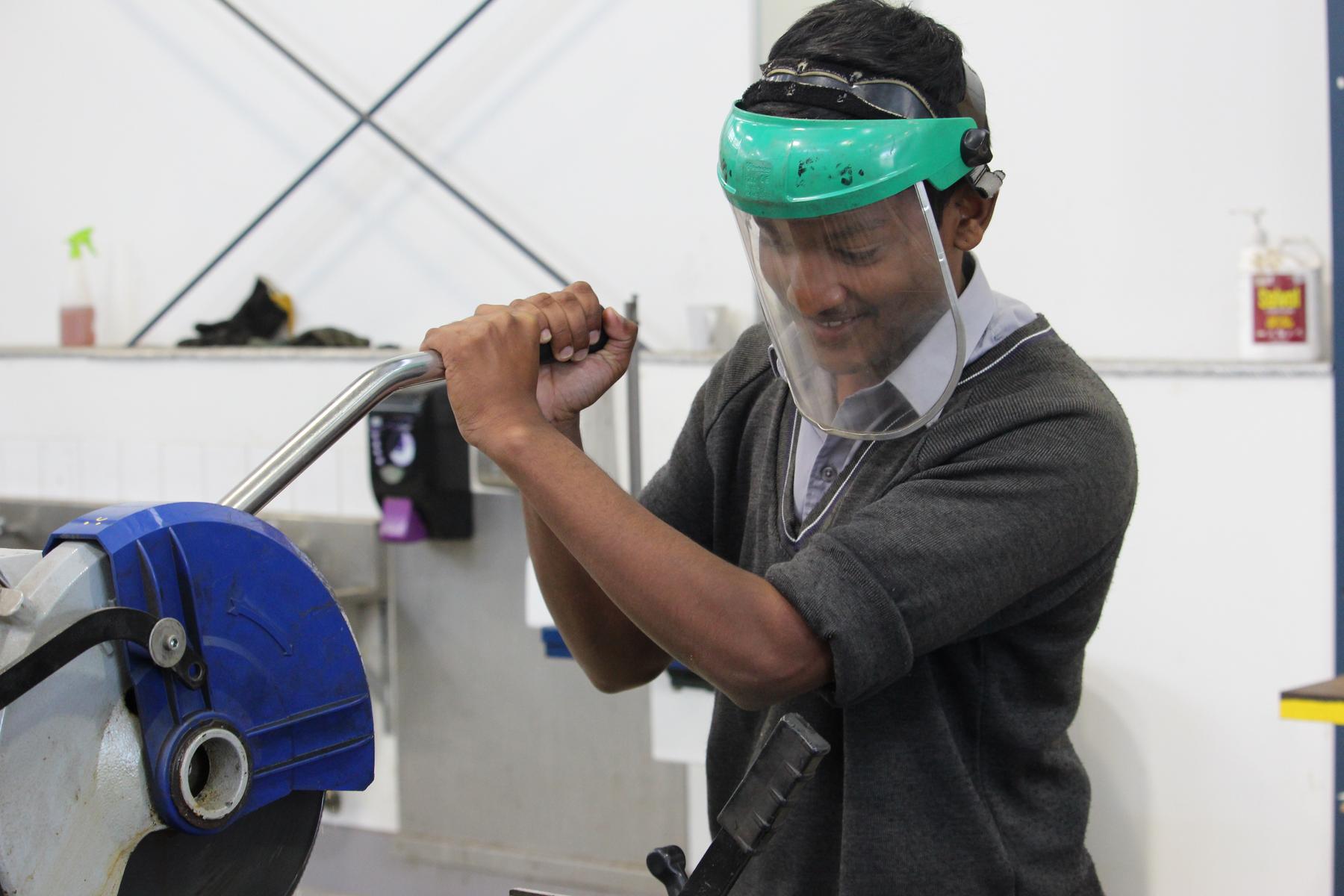
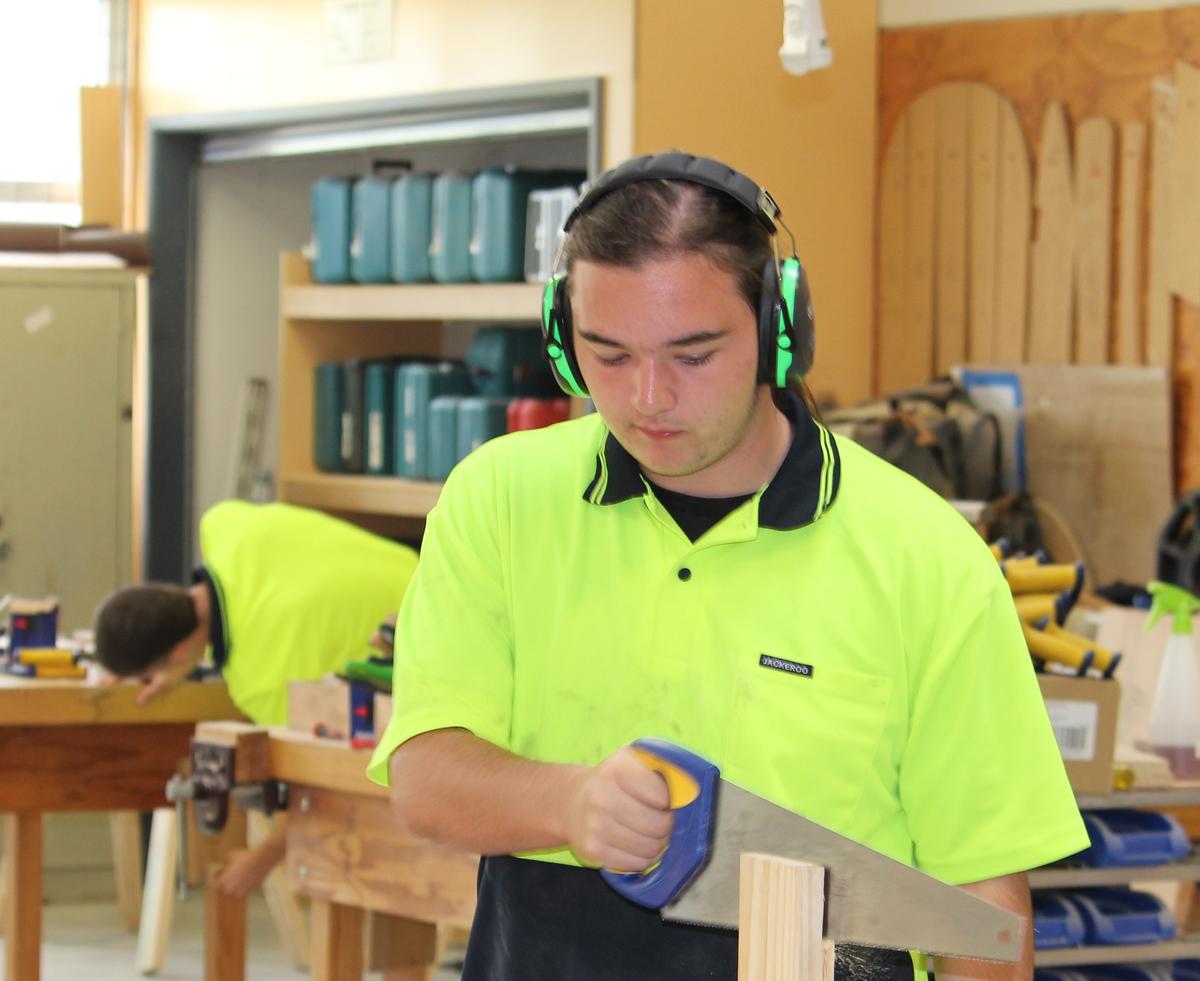







A school-based apprenticeship or traineeship (SBAT) is an apprenticeship or traineeship undertaken by a student enrolled in a senior secondary program. Regular school attendance is combined with at least one timetabled day per week spent on the job or in training during the normal school week. An SBAT combines part-time, practical experience in the workplace with recognised, structured training from a Registered Training Organisation.
An SBAT requires an interview and application process. Please see SBAT coordinator or VCE VM community leader for more information.
Assessment
Students undertaking SBAT



